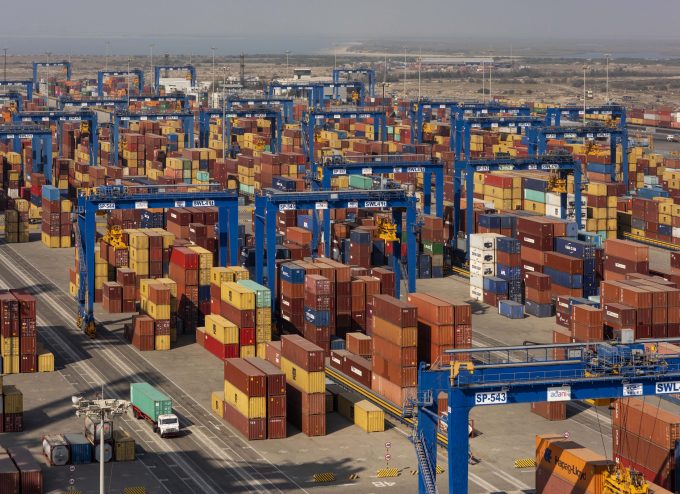How UK importers can avoid penalties from delayed EIDR declarations
Avoiding penalties from HMRC for failed EIDR declarations is now a top priority for UK ...

Indian importers and supply chain players are facing difficulties securing customs clearance, due to major glitches on the national electronic data interchange platform, known as Icegate.
As a result, import containers are piling up at port locations across the country, according to industry sources.
Stakeholders are concerned over the inability to make customs duty payments through the electronic gateway, an issue Loadstar sources noted first cropped up when the authorities rolled-out the new system on 1 April.
Many industry groups, including the Brihanmumbai Customs ...
Maersk Air Cargo sees volumes fall as it aims for 'margin in favour of revenue'
Keep our news independent, by supporting The Loadstar
Container spot rates diverge: to Europe still falling, but firmer to the US
Hapag-Lloyd won't take bookings if port congestion leaves cargo stranded
Ecommerce likely the front-runner in resurge of transpacific trade after deal
Airfreight players eye new routes as demand on the transpacific nosedives
China-US trade tariff pause could drive a rebound for transpacific rates
Service chaos from trade ban with India a problem for Pakistan shippers
Volume surge and an early peak season? 'Don't celebrate too soon,' warning
Airfreight rates ex-China 'loss-making', but hopes of a trade deal stay high
Indian coastal freight attracts major carriers, but regional tension disrupts
Serious threat to jobs in US logistics as tariffs cause economic 'stagflation'
APMM floats along on 'solid' Q1 profitability in Ocean, well prepared for choppy water
White House u-turns see freighters flying but keep logistics players on their toes
Carriers impose 'emergency operation' surcharges on Pakistan cargo
MSC in terminal switch as Nhava Sheva gets strong start to new fiscal year

Comment on this article